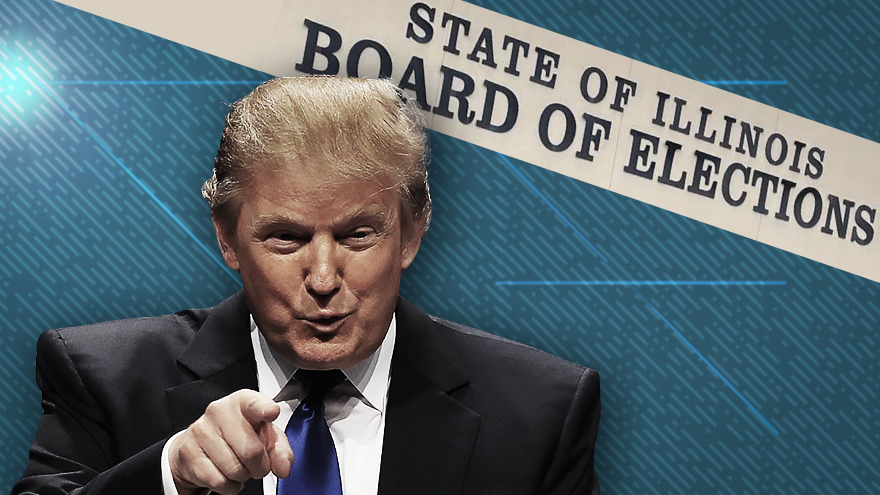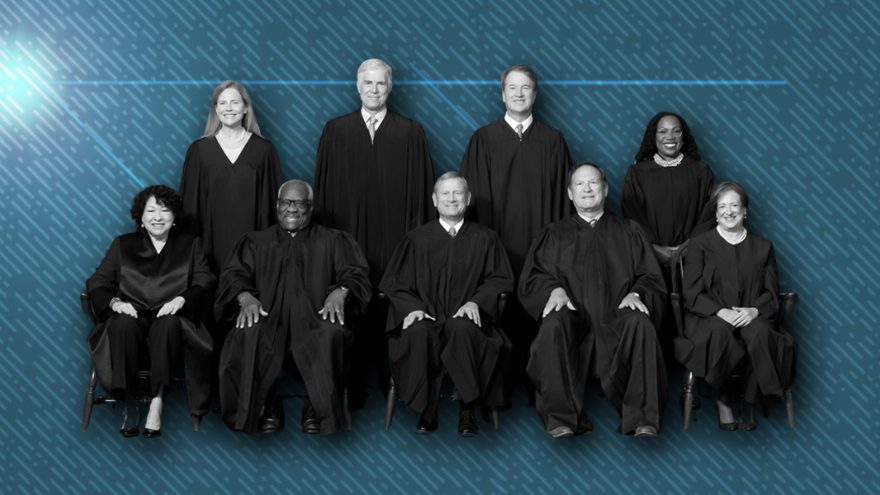Yesterday, a petition was filed by five voters, claiming that Trump is ineligible to serve as president because he engaged in insurrection based on actions surrounding and on Jan. 6, 2021. The petition is similar to those filed in at least 34 states, which have seen challenges to the former president’s eligibility dismissed, appealed, or awaiting adjudication. Section 3 of the U.S. Constitution’s Fourteenth Amendment says that:Illinois is the latest state to issue a challenge to former President Donald Trump’s eligibility to appear on the 2024 primary election ballot.
No person shall be a Senator or Representative in Congress, or elector of President and Vice-President, or hold any office, civil or military, under the United States, or under any State, who, having previously taken an oath, as a member of Congress, or as an officer of the United States, or as a member of any State legislature, or as an executive or judicial officer of any State, to support the Constitution of the United States, shall have engaged in insurrection or rebellion against the same, or given aid or comfort to the enemies thereof. Voters who signed the 87-page legal challenge state that “Trump cannot satisfy the eligibility requirements for the Office of the President of the United States established” in Section 3. Despite the fact that Trump has been neither convicted nor charged with insurrection, the petitioners argue that he did in fact lead an insurrection. Election officials in two states, Colorado and Maine, have already removed Trump’s name from primary election ballots after similar petitions were filed. His attorneys have asked the U.S. Supreme Court to overturn the Colorado Supreme Court’s ruling, which took his name off of the ballot. Trump’s legal team is also appealing the Maine ruling. Both of those legal challenges (as well as petitions in Oregon, Michigan, and Minnesota) were orchestrated by the left-wing advocacy group Free Speech For People, which, according to government records, has targeted Trump since a month after he was elected in 2016. The Illinois State Board of Elections has not yet set a hearing date, a spokesperson told the Associated Press (AP). The AP also reported that the board will hear 32 objections to the proposed ballot at its meeting on Jan. 11.

